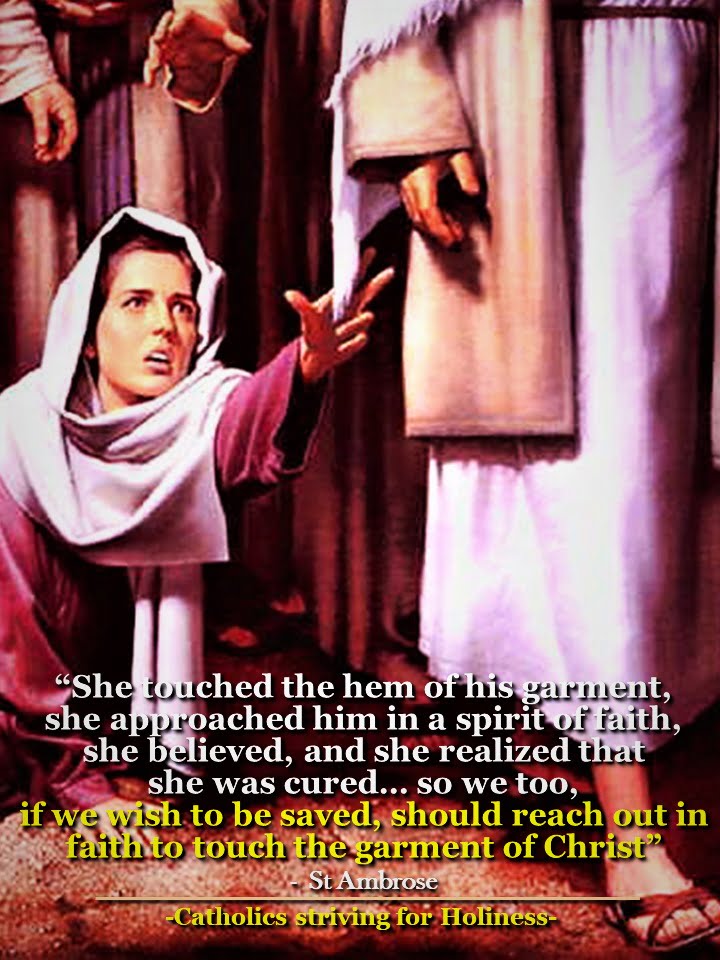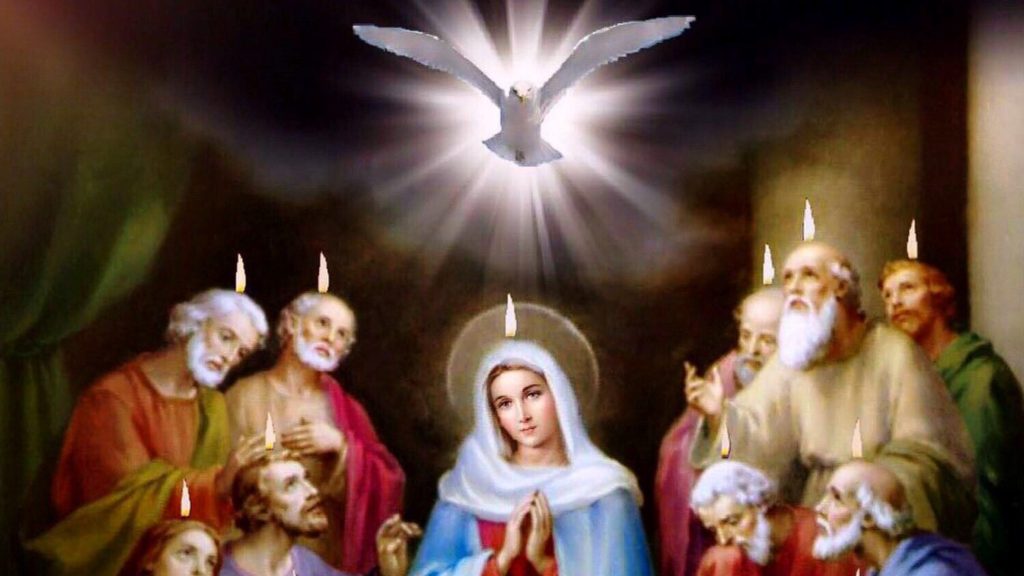KNOW AND LOVE YOUR CATHOLIC FAITH 2:
The Transmission of Divine Revelation
Compendium nn. 11-17
11. Why and in what way is divine revelation transmitted?
God “desires all men to be saved and to come to the knowledge of the truth” (1 Timothy 2:4), that is, of Jesus Christ. For this reason, Christ must be proclaimed to all according to his own command, “Go forth and teach all nations” (Matthew 28:19). And this is brought about by Apostolic Tradition.
12. What is Apostolic Tradition?
Apostolic Tradition is the transmission of the message of Christ, brought about from the very beginnings of Christianity by means of preaching, bearing witness, institutions, worship, and inspired writings. The apostles transmitted all they received from Christ and learned from the Holy Spirit to their successors, the bishops, and through them to all generations until the end of the world.
(NOTES: Perhaps the clearest Biblical support for oral tradition can be found in 2 Thessalonians 2:14(15),
where Christians are actually commanded:
“Therefore, brethren, stand fast; and hold the traditions which you have learned, whether by word, or by our epistle.”
This passage is significant in that:
- it shows the existence of living traditions within the Apostolic teaching,
- it tells us unequivocally that believers are firmly grounded in the Faith by adhering to these traditions, and
- it clearly states that these traditions were both written and oral. Since the Bible distinctly states here that oral traditions – authentic and Apostolic in origin – are to be “held” as a valid component of the Deposit of Faith, by what reasoning or excuse do Protestants dismiss them?)
13. In what ways does Apostolic Tradition occur?
Apostolic Tradition occurs in two ways: through the living transmission of the word of God (also simply called Tradition) and through Sacred Scripture which is the same proclamation of salvation in written form.
14. What is the relationship between Tradition and Sacred Scripture?
Tradition and Sacred Scripture are bound closely together and communicate one with the other. Each of them makes present and fruitful in the Church the mystery of Christ. They flow out of the same divine well-spring and together make up one sacred deposit of faith from which the Church derives her certainty about revelation.
15. To whom is the deposit of faith entrusted?
The Apostles entrusted the deposit of faith to the whole of the Church. Thanks to its supernatural sense of faith the people of God as a whole, assisted by the Holy Spirit and guided by the Magisterium of the Church, never ceases to welcome, to penetrate more deeply and to live more fully from the gift of divine revelation.
16. To whom is given the task of authentically interpreting the deposit of faith?
The task of giving an authentic interpretation of the deposit of faith has been entrusted to the living teaching office of the Church alone, that is, to the successor of Peter, the Bishop of Rome, and to the bishops in communion with him. To this Magisterium, which in the service of the Word of God enjoys the certain charism of truth, belongs also the task of defining dogmas which are formulations of the truths contained in divine Revelation. This authority of the Magisterium also extends to those truths necessarily connected with Revelation.
17. What is the relationship between Scripture, Tradition and the Magisterium?
Scripture, Tradition, and the Magisterium are so closely united with each other that one of them cannot stand without the others. Working together, each in its own way, under the action of the one Holy Spirit, they all contribute effectively to the salvation of souls.
EMPHASIS MINE. PERSONAL NOTES IN GREEN LETTERS ADDED.

